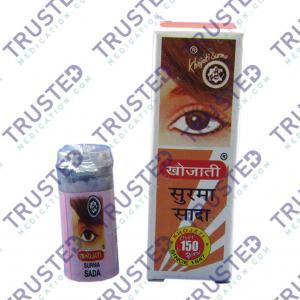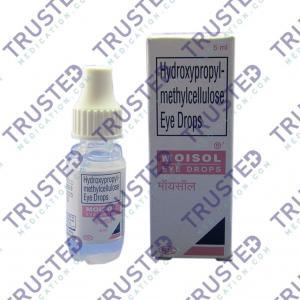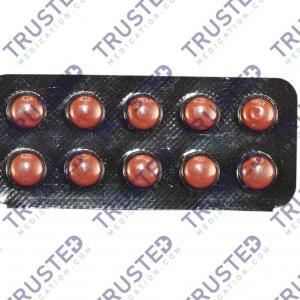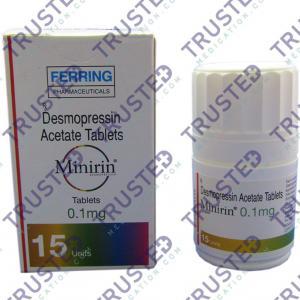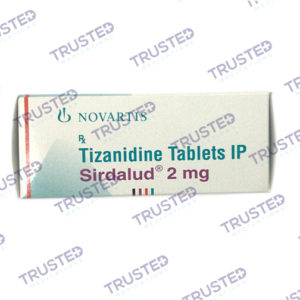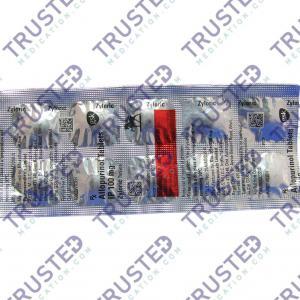
If you have diabetes, being active makes your body more sensitive to insulin, which helps manage diabetes. Physical activity also helps control blood sugar levels and lowers your risk of heart disease and nerve damage. Lifestyle can play an important role.
What Is The Best Food For Managing Diabetes?
You may worry that having diabetes means going without foods you enjoy. The good news is that you can still eat your favorite foods, but you might need to eat smaller portions or enjoy them less often. Your healthcare team will help create a diabetes meal plan that meets your needs and likes.
The key to eating with diabetes is to eat various healthy foods from all food groups in the amounts your meal plan outlines.
The food groups are:
Vegetables
- nonstarchy: includes broccoli, carrots, greens, peppers, and tomatoes
- starchy: includes potatoes, corn, and green peas
Fruits — includes oranges, melon, berries, apples, bananas, and grapes
Grains — at least half of your grains for the day should be whole grains, including wheat, rice, oats, cornmeal, barley, and quinoa, as well as bread, pasta, cereal, and tortillas
Protein

- Lean meat
- Chicken or turkey without the skin
- Fish
- Eggs
- Nuts and peanuts
- Dried beans and certain peas, such as chickpeas and split peas
- Meat substitutes, such as tofu
Dairy — nonfat or low fat
- Milk or lactose-free milk if you have lactose intolerance
- Yogurt
- Cheese
Eat foods with heart-healthy fats, which mainly come from these foods:
- Oils that are liquid at room temperatures, such as canola and olive oil
- Nuts and seeds
- Heart-healthy fish such as salmon, tuna, and mackerel
- Avocado
Use oils instead of butter, cream, shortening, lard, or stick margarine when cooking food.
What Is The Role Of Carbohydrates In Managing Diabetes?
Foods containing carbohydrates become glucose or blood sugar when digested, and controlling blood sugar is important if you have diabetes. Healthy eating is a key strategy for blood sugar control and the timing, type, and quantity of foods eaten. Monitor your blood glucose levels and keep a written record of how your body responds to specific foods.
What Is The Importance Of Monitoring Blood Sugar Levels During Exercise?
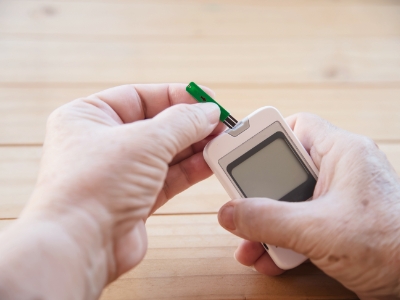
If you have diabetes, monitoring your blood sugar (glucose) is key to determining how well your current treatment plan works. It gives you information on how to manage your diabetes daily and sometimes even hourly.
Monitoring your blood sugar is important when you have diabetes, especially if you use insulin. Blood sugar monitoring results can help you make decisions about food, physical activity, and insulin dosing.
Several things can affect your blood sugar. You can learn to predict some of these impacts with time and practice, while others are difficult or impossible to predict. That’s why checking your blood sugar is important if your healthcare provider recommends doing so.
There are two main ways you can monitor your blood sugar at home if you have diabetes:
- With a glucose meter and finger stick
- With a continuous glucose monitor (CGM)
You may choose either or both methods for a variety of reasons, such as:
- Your access to the technology can vary due to cost and medical insurance coverage
- What form of diabetes do you have
- How often your healthcare provider recommends checking your blood sugar
- Your overall health
How often you should check your blood sugar depends on what type of diabetes you have and other factors, like the diabetes medicines you take, your overall health, and the demands of your daily life. Your healthcare provider will give you suggestions for how often you should check.
Recommended medication used to manage blood sugar:
- Sitagliptin – is a very effective medication in controlling diabetes by controlling the sugar level. It prevents your condition from getting worse. Sitagliptin belongs to the DPP-4 inhibitor group of drugs. This medicine works by increasing the incretin in your body. It’s a substance released in the intestine. This drug increases the incretin, including the amount of insulin level. Januvia reduces the amount of sugar level produced in the body.

